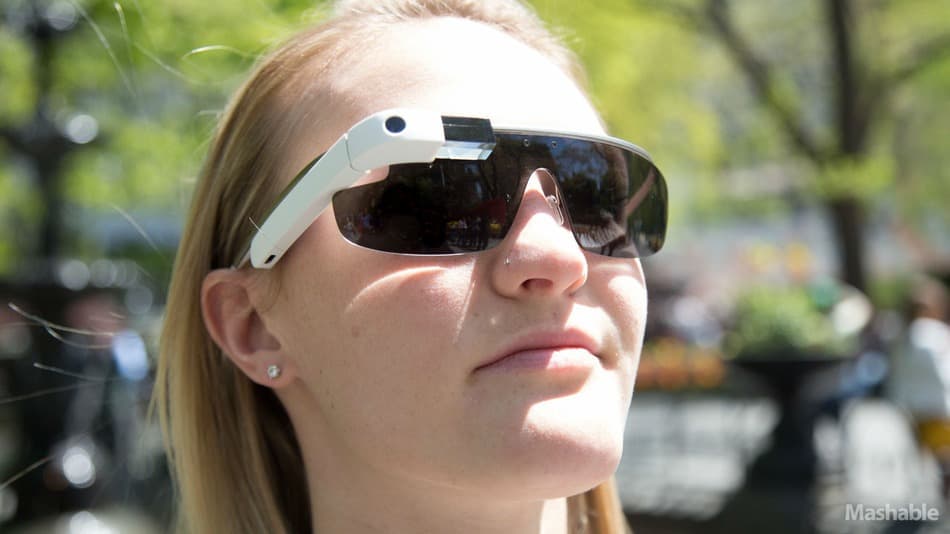Google 'Gaze Tracking System' Patent Hints At Future Advertisement Models Based On 'Eye Tracking'
Online content publishers around the globe, if Google Adsense is where you score your maximum website revenue from, this is one post that demands your attention. And yes, advertisers need to check this out too. Tech giant Google recently patented the 'Gaze Tracking System', and speculations are running wild that the future advertisement models may be based on the viewers' eye movements, tracking the specific particulars that a viewer is looking at in the advertisement and then charge the advertisers accordingly. At present, it's the pay-per-click internet advertisement models that directs traffic to the website, where the publishers get paid by the advertisers for each click on the advertisement. Pay-per-gaze is to be the future.

Initially filed on May 2011, the patent proposes that people wearing head-mounted devices (possibly Google Glass) get their gazes tracked so that the system can understand what exactly the user's looking at, and also it shall catch the emotional response of the viewer via pupil dilation. Collected information about where the viewer is gazing while viewing an external scene would be transmitted to a server, which would then generate an image-recognition algorithm that would then be executed on the scene images to recognize items within the external sights viewed by the user. Whatever viewed items the user identifies, a gazing log shall be tracking them all.
About the gaze tracking system, this is what the patent states-

Initially filed on May 2011, the patent proposes that people wearing head-mounted devices (possibly Google Glass) get their gazes tracked so that the system can understand what exactly the user's looking at, and also it shall catch the emotional response of the viewer via pupil dilation. Collected information about where the viewer is gazing while viewing an external scene would be transmitted to a server, which would then generate an image-recognition algorithm that would then be executed on the scene images to recognize items within the external sights viewed by the user. Whatever viewed items the user identifies, a gazing log shall be tracking them all.
About the gaze tracking system, this is what the patent states-
To date eye tracking systems have mostly been limited to research endeavors because of the intrusiveness, high cost, and reliability of these systems. A technique and system that can provide a reliable, low cost, and unobtrusive, eye tracking system could have a variety of useful everyday applications. Under a pay per gaze advertising scheme, advertisers are charged based upon whether a user actually viewed their advertisement. Pay per gaze advertising need not be limited to on-line advertisements, but rather can be extended to conventional advertisement media including billboards, magazines, newspapers, and other forms of conventional print media. he system would involve "determining which, if any, of the identified items within the external scenes viewed by the user are advertisements; and charging advertisers associated with the advertisements based at least in part on a per gaze basis. To protect individual privacy, personal identifying data may be removed from the data and provided to the advertisers as anonymous analytics. In one embodiment, users may be given opt-in or opt-out privileges to control the type of data being gathered, when the data is being gathered, or how the gathered data may be used or with whom it may be shared.
0
